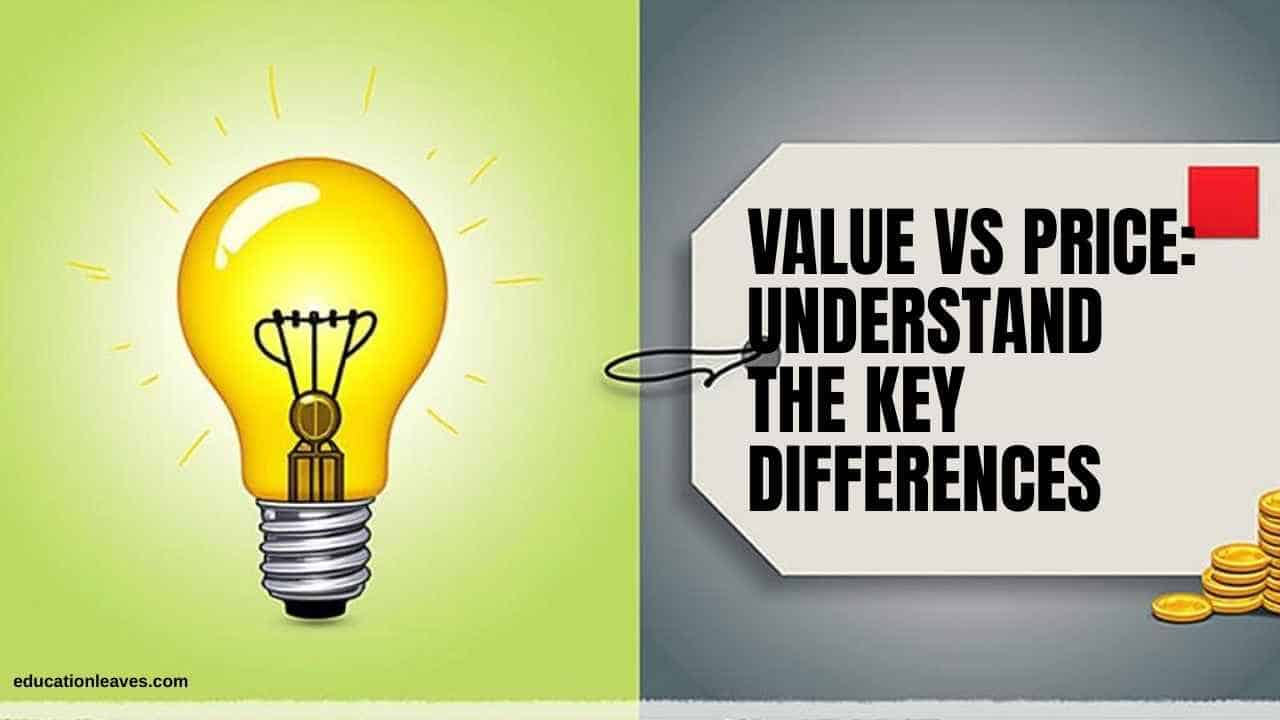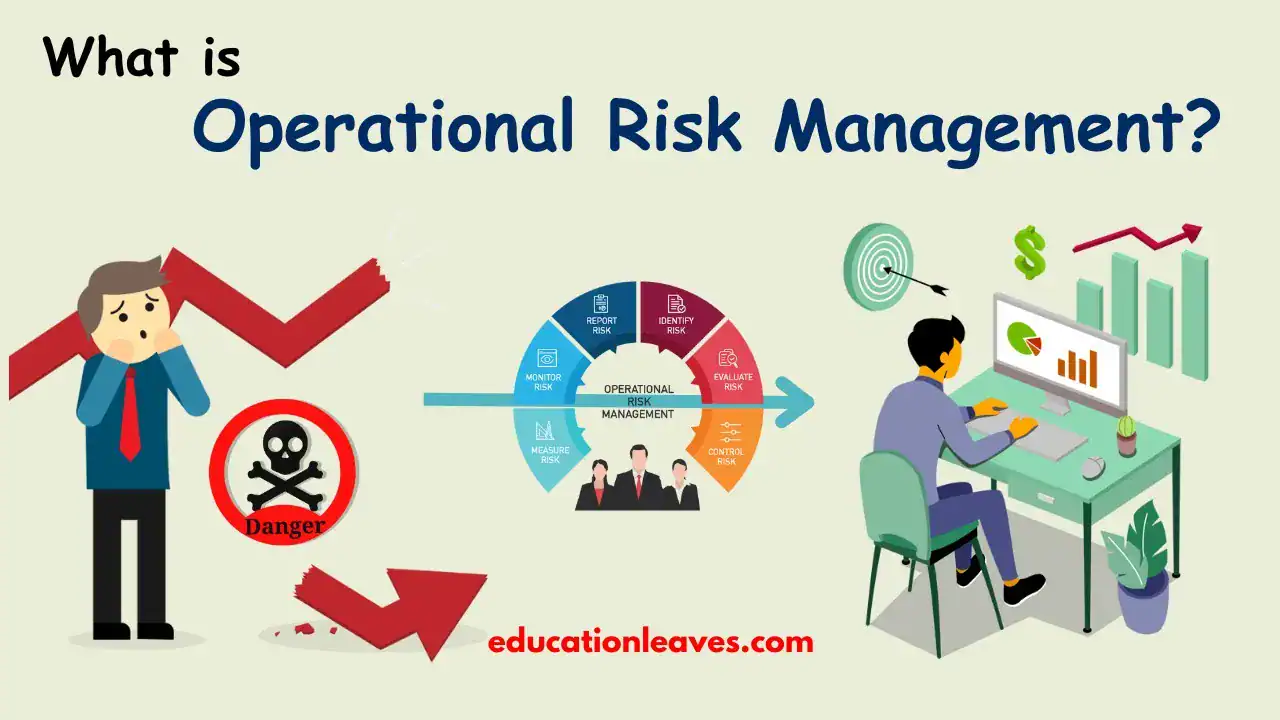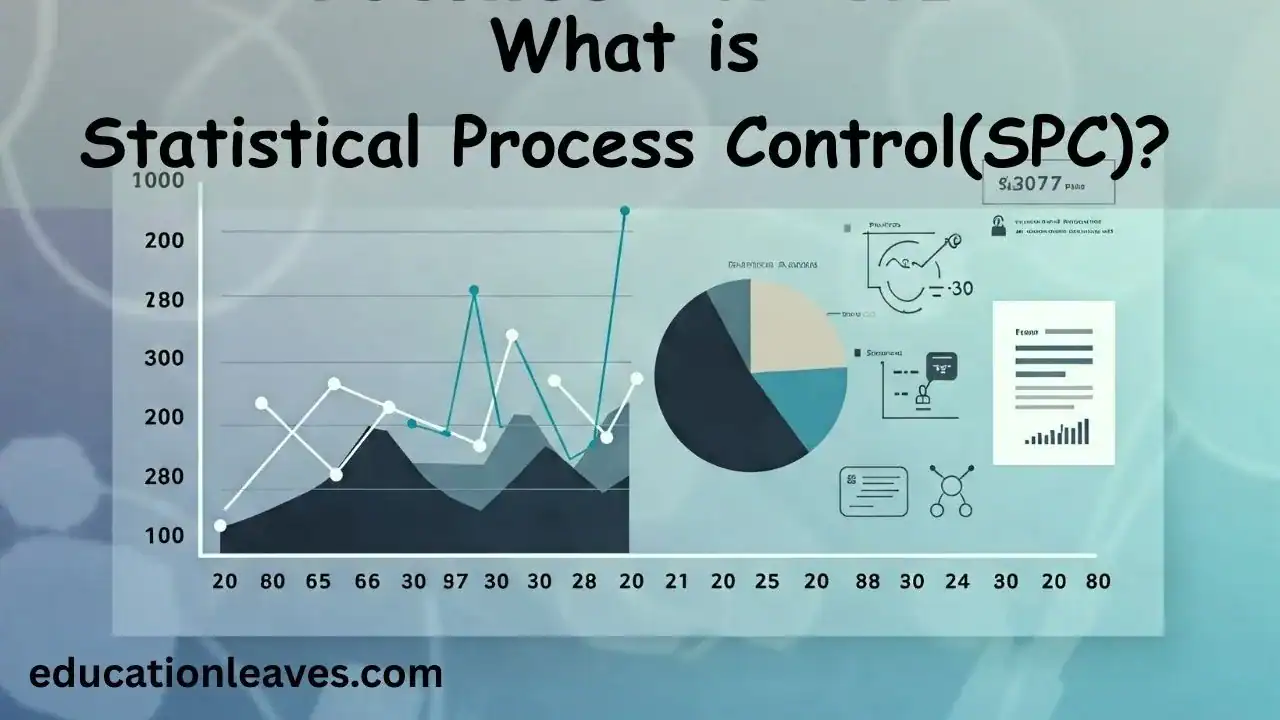What is Days Sales Inventory (DSI)?
Definition: Days Sales Inventory (DSI) is a metric that tells you how many days it takes your business to sell all of its inventory.
The lower the number, the faster you’re selling. The higher the number, the longer your money is sitting stuck in unsold products.










